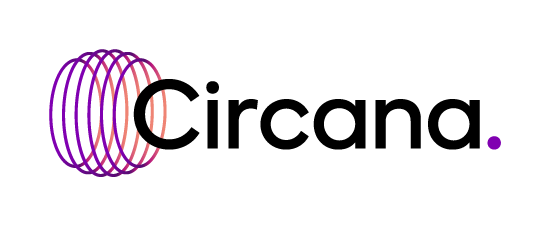
Cox to jump into the mobile bandwagon
Cox Communications, one of the leading cable service operators in the nation, is getting ready to add mobile to its bundle of services offered to its customers. The cable MSO has already begun seeking a team to build its upcoming mobile service and has admitted to the press about its intention to launch an MVNO service targeting its current subscriber base. Notably, Cox Communications has previously tried adding mobile to its portfolio (through a Sprint MVNO partnership) a decade ago but ended up pulling the plug after a short trial period.
The NPD Take:
- Cox is following the footsteps of Comcast and Charter, which combined managed to attract close to 5 million mobile subscribers who have already been purchasing their cable services, in three years. Cable operators’ foray into the mobile space had initially been instinctive; they were simply aiming to protect their territories from mobile network operators that have been targeting cable customers with their mobile solutions. What started as a home turf defense, have turned into a threat to the established mobile players as the cable MSOs enjoy the benefit of reaching out to an existing customer base and lure them with attractive and affordable rate plans.
- The timing of Cox’s decision to enter the mobile market is ideal as consumers’ general propensity in purchasing technology products from online channels have reached all-time high levels due to the pandemic, and this greatly offsets Cox’s (and other cable MSO’s) limited retail exposure. According to the NPD Mobile Consumer Track, the percentage of smartphone buyers shopping from online channels doubled from 12% in April 2019 to 25% in April 2020.
Dish getting cold feet?
One of the highlights of the T-Mobile/Sprint merger was the agreed divestiture of Sprint’s prepaid assets. According to the deal the carriers have made with the US Department of Justice, Dish Network was named as the buyer of Sprint’s Boost Mobile brand (and the 8 million+ subscribers) at an agreed sales price of $1.4 billion. Dish was expected to complete the transaction by June 1, 2020, but the Department of Justice’s official deadline is July 1, 2020. The satellite operator had yet to make an official move, and according to reports, the company is trying to renegotiate the terms of the deal due to the change of the market dynamics.
The NPD Take:
- Dish having second thoughts about its foray into the mobile market is not surprising considering the worsening market conditions due to the pandemic. We should, however, also note that Dish would have had a very tough task at hand regardless of the pandemic-driven economic downturn. The company is aiming to build a virtual 5G network (similar to the one Rakuten launched in Japan) on its spectrum, and maintain the Boost Mobile subscribers on a T-Mobile MVNO deal until its network build-out is complete. The wildcards here are the classic prepaid user demographics (with high churn propensity) that Dish would be inheriting and Dish’s lack of experience in running a mobile service operation.
Verizon aims to change customer demographics
Verizon last week announced the upcoming availability of a new discount aimed at college students. The promotion, which is exclusive for undergraduate, graduate, and post-graduate students enrolled in U.S. colleges, offers a $10/month discount on a single Mix & Match Unlimited plan subscriber or a $25/month discount on two lines subscribed to its Mix & Match Unlimited plans. Students will also enjoy a 12-month subscription to Disney+ along with Apple Music (included with select Unlimited plans). The promotion will kick in on July 2 and can be enjoyed by both new and existing subscribers.
The NPD Take:
- Verizon’s subscriber base typically skews towards older users who are not as enthusiastic about adopting the latest technologies, such as 5G, which is key to Verizon’s long-term success in the market. This new promotion will help the carrier attract younger subscribers but more importantly will give parents paying for a family account another reason to avoid switching to another carrier for cost purposes.
- While Verizon is in the right direction with this promotion, the game field in targeting millennials is quite fierce. Verizon’s affiliate Visible, for instance, is offering a much stronger value proposition with its Party Plan option that allows the creation of group accounts, which allow users to pay as low as $25/month for an unlimited service if they have four or more users in the account.


